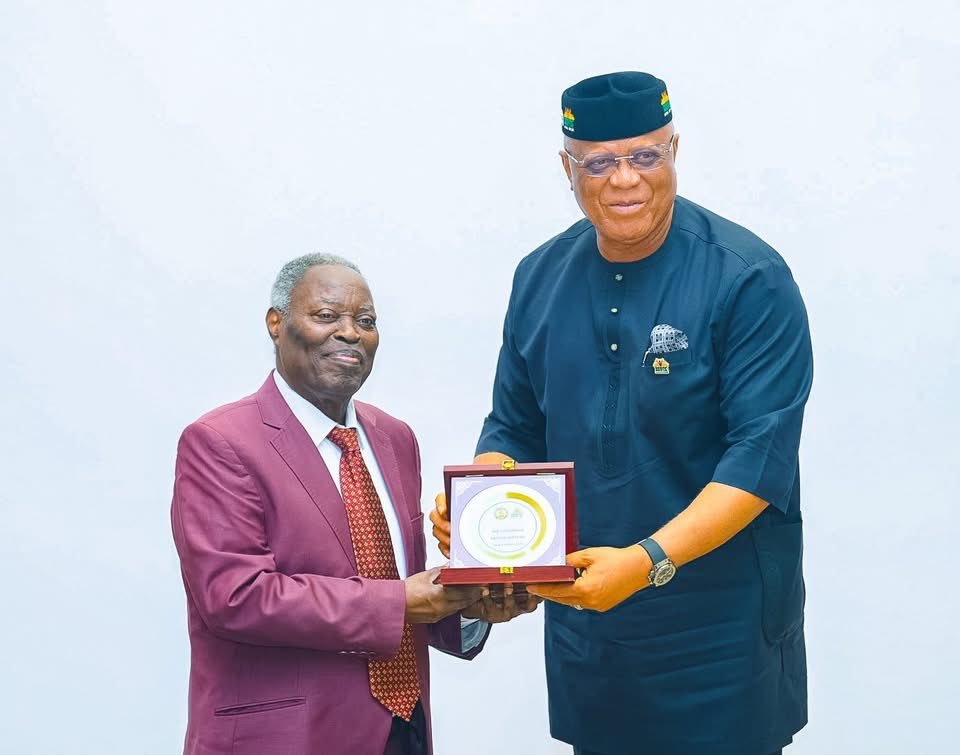AMEENAH GURIB-FAKIM URGES AFRICAN RENAISSANCE THROUGH QUALITY EDUCATION, INCLUSIVE INNOVATION REFORM

The first female President of Mauritius, Professor Ameenah Gurib-Fakim, has called for a renewed focus on quality education, robust institutions, and inclusive innovation as the cornerstone for Africa’s transformation.
Speaking at a high-level discourse session hosted by The Platform in Iganmu, Lagos, she urged African leaders, academics, and policymakers to take decisive steps in unlocking the continent’s vast potential.
“Africa represents 70% of the global population yet produces only about 3% of global GDP,” Gurib-Fakim lamented. “We carry 25% of the global disease burden. This must change.”
AFRICA’S TICKING DEMOGRAPHIC CLOCK
Drawing on data from the World Economic Forum, she warned of the looming demographic pressure facing the continent. By 2034, Africa is expected to have the largest population of working-age adults globally. However, without the right policies and investments in education and innovation, this opportunity could turn into a liability.
“Sixty percent of the population is under 24. If we fail to educate and empower them, we fail the continent,” she said.
EDUCATION: FROM CRADLE TO CAREER
Professor Gurib-Fakim, a renowned academic and biochemist, emphasized that sustainable development in Africa must begin with education—comprehensive, lifelong, and inclusive. Reflecting on her own academic journey, she described how universities shaped her worldview and career trajectory.

“We must educate from the cradle to the grave,” she urged. “Universities must ensure access, quality, and relevance so graduates are employable and empowered to innovate.”
She challenged universities to move beyond knowledge dissemination and become engines of research, discovery, and societal transformation, emphasizing the importance of both applied and fundamental research.
INNOVATION AND THE UNIVERSITY MANDATE
Highlighting the indispensable role of research and innovation, Gurib-Fakim insisted that 21st-century universities must act as incubators of firms, technologies, and solutions to society’s most pressing challenges.
“Science and technology are not only knowledge tools—they are job creators,” she noted. “Universities have the convening power to influence policy, inspire innovation, and build economies.”
She also touched on the critical role of the arts, humanities, and social sciences in shaping context-aware solutions to human problems, calling for a more interdisciplinary approach to education.
“We must be inclusive in the way we teach and conduct research—whether it’s in hard sciences or humanities. Diversity and curiosity should drive a university.”
A CALL FOR INVESTMENT AND TALENT
Addressing the dangers of underfunding education, she dismissed the notion that education is an expense.
“It’s not an expense. It’s an investment,” she declared. “You cannot build high-quality institutions without high-quality people.”
She stressed the importance of reversing Africa’s persistent brain drain, warning that countries failing to invest in their people—particularly women—risk being left behind.
“The first university was founded by an African Muslim woman—Fatima al-Fihri in Tunisia,” she recounted. “Yet, inequality between men and women in education persists. Equality of opportunity must be our guiding mantra.”
COLLABORATION ACROSS BORDERS
Gurib-Fakim advocated for robust intra-continental and global collaboration among African universities. She lauded initiatives like the African Continental Free Trade Area (AfCFTA) as a step in the right direction.
“Collaboration is no longer optional; it is essential,” she said. “From education to trade, Africa must leverage partnerships to grow.”
UNIVERSITIES AS CATALYSTS FOR A NEW AFRICA
The former president commended Nigeria’s historic institutions, including the University of Ibadan and Obafemi Awolowo University, as foundational to intellectual progress in West Africa. But she called for deeper transformation.
“The mission of any world-class university in this century must be to educate, generate knowledge, innovate, and invest in people,” she said.
She closed her speech with a powerful charge to African youth and policymakers: reclaim the continent by building institutions that rival the world’s best.
“You never change things by fighting existing realities. You change things by building new models that make the old ones obsolete,” she said. “Africa has everything it takes—Make it happen.”
KEY TAKEAWAYS:
- Africa’s youth bulge must be matched with access to quality education.
- Universities should balance access with relevance and quality assurance.
- Gender equity and inclusivity in education remain a critical challenge.
- Research, innovation, and freedom of inquiry are central to development.









